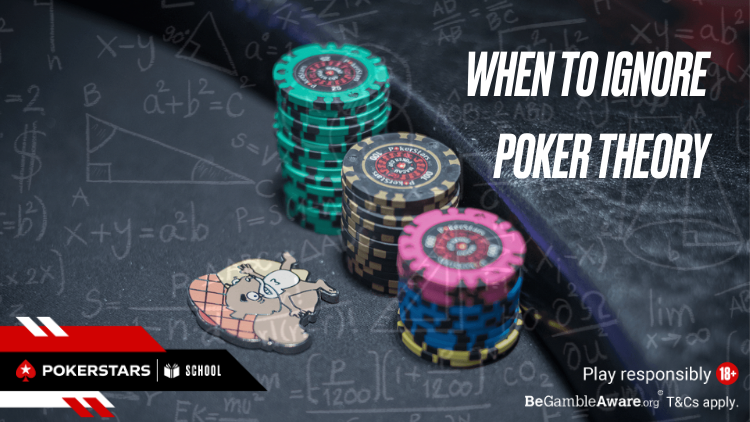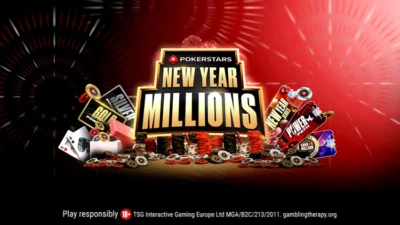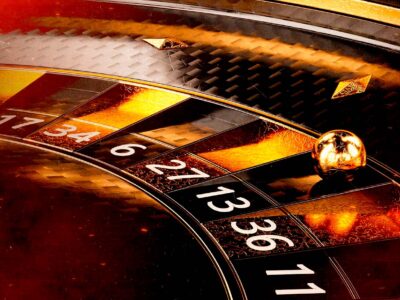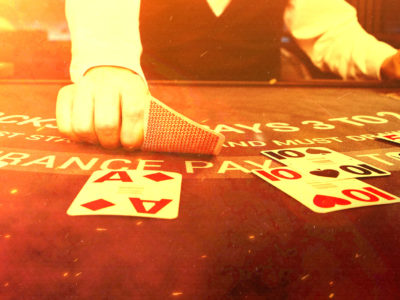Online training sites like PokerStars School help new poker players get a grip on the basics of the game so they can start playing for fun.
Eventually, though, players looking to rise up through the stakes must learn more advanced poker theory and develop a detailed understanding of winning strategies.
The problem is that when this information is drilled into us, it can be difficult to stray away from it in spots where doing so could make us more money.
So, in theory, when should you ignore poker theory? That’s one of the topics on today’s PokerStars School agenda.
THIS WEEK:
- When to ignore poker theory
- Playing Top Pair/Weak Kicker
- Defending Your Big Blind
- More from PokerStars School
When to ignore poker theory
PokerStars School’s Pete Clarke has been playing the game for many years and understands when he should zig and zag away from poker theory.
“When we start to understand how the pieces of information fit together, it can be tempting to rely rigidly on theoretical ideas to get by, but this is a pitfall in itself,” he writes. “Learning when to ignore game theory and make a play that would not be correct against a skilled opponent is one of the best ways to escape the micro-stakes as quickly as possible.”
If you’re looking to climb out of the micro-stakes, you’re going to want to check this article out.
Find out when to ignore poker theory here.
Playing Top Pair/Weak Kicker
Clarke continues his work in poker theory by focusing on one of poker’s “most dreaded and misplayed hands”: top pair with a bad kicker.
“How should A6-offsuit react when it flops an ace? When should you play these hands fast and when is it better to slow down? When do you call big river bets with them? Today’s mission is to answer questions like these.”
Improve your top pair, weak kicker play today.
Defending Your Big Blind
It’s been said a thousand times before but we’ll say it again: most players–particularly those who are inexperienced–play far too tight from the big blind. This allows more skilled opponents to profit by widening their opening ranges, targeting the big blind player.
“Calling out of the Big Blind is not supposed to be comfortable, or exciting,” writes Clarke. “It is a slog. A battle in which your primary aim with most hands is to lose money, but to lose less money than you would by folding pre-flop.
“Calling raises with speculative hands out of position feels like it’s losing, and it is, but that might be okay!”
Learn more about defending your big blind here.
More from PokerStars School:
- How to satellite into high stakes tournaments
- 4 tips that may help you be more proactive in poker tournaments
- How to exploit overly aggressive players
- Top 3 misused poker phrases
- How to rewire your brain for poker
- How to play low boards in 3-bet pots
- When to set the trap in cash games
- 10 poker strategy ideas all beginners should know
- When to pull the trigger on big bluffs
- Four Beginner Tournament Mistakes to Avoid
- 4 bad reasons for playing a poker session
- 4 bad reasons for checking your hand
- 3 common poker study pitfalls to avoid
- The 3 steps to pulling off a big fold
- 4 online poker reads you can make on your opponents
Download the Poker Dojo app:
Poker Dojo is a fun, free app to help you learn to play poker and improve your game!
Choose from three exciting games: Grid Poker, Strongest Hand or All-in or Fold.
All training games include leader boards, so you can see how you rank among your fellow students.
Download the Poker Dojo app on Android and iOS.
All the latest promotions:
Discord:
Back to TopView Other Blogs




















